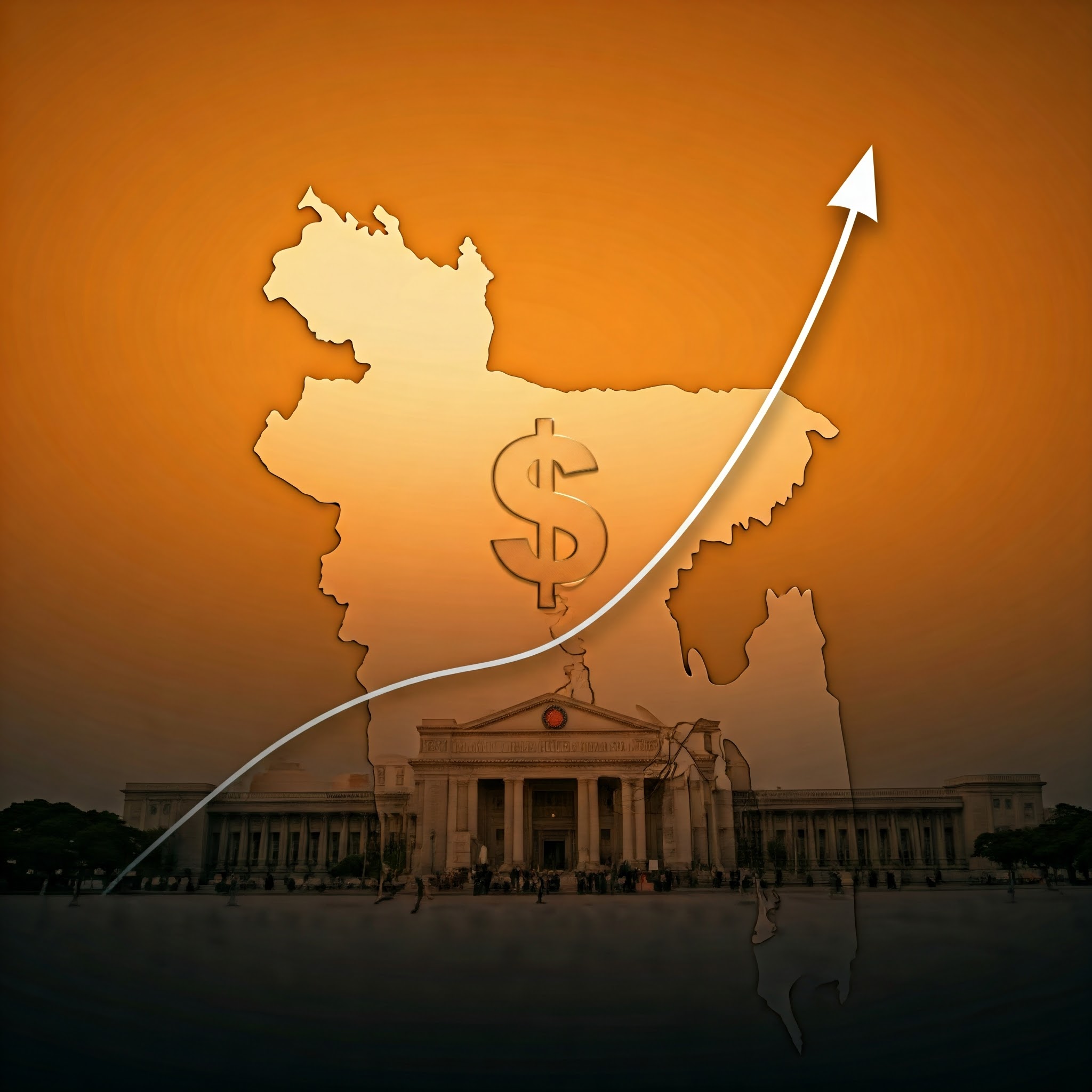Bangladesh’s foreign currency reserves have surged to $26.9 billion, marking a significant milestone for the country’s economy. This boost is attributed to increased remittances from expatriates and financial support from donor organizations. However, as per the International Monetary Fund’s (IMF) BPM-6 standards, the reserve stands at $21.33 billion.
In December alone, Bangladesh received $2.42 billion in remittances through legal channels, showcasing the growing confidence in formal remittance systems. This marks a promising trend, particularly after previous concerns about declining reserves due to rising import costs and limited export growth.
Driving Factors Behind the Growth
1. Increased Remittances
A key contributor has been the surge in remittances from Bangladeshi expatriates. These remittances reflect improved economic stability and a more streamlined legal framework for money transfers. Efforts to curb illegal money transfers and promote transparency have bolstered this growth.
2. Donor Support
Bangladesh has also benefited from grants and loans from international donor organizations. These funds are crucial for bolstering foreign reserves, especially in challenging times. Such assistance strengthens economic resilience and creates room for developmental investments.
3. Government Policies
Policy measures, such as incentives for using official remittance channels and reducing reliance on informal systems like hundi, have encouraged more expatriates to transfer money legally. Additionally, tighter import controls have helped maintain a balance in foreign currency outflows.
Economic Implications
This increase in reserves has significant implications for Bangladesh’s economy:
Stabilizing the Currency: A robust reserve acts as a buffer against currency volatility, particularly in global markets.
Meeting Import Demands: Higher reserves enable the country to meet essential import needs, ensuring food security and energy supply.
Boosting Investor Confidence: A healthy reserve signals economic stability, attracting foreign direct investment (FDI).
However, challenges remain. The $21.33 billion reserve, as per IMF standards, reveals a more conservative picture. It underscores the need for prudent fiscal management and diversification of revenue streams.
Looking Ahead
To sustain this growth, Bangladesh must continue promoting formal remittance channels, diversify exports, and enhance its manufacturing capabilities. Strategic utilization of foreign reserves for infrastructure and economic development will also be critical.
This milestone underscores the resilience of Bangladesh’s economy amidst global challenges, offering hope for a more stable economic future.
Source : RTV


















